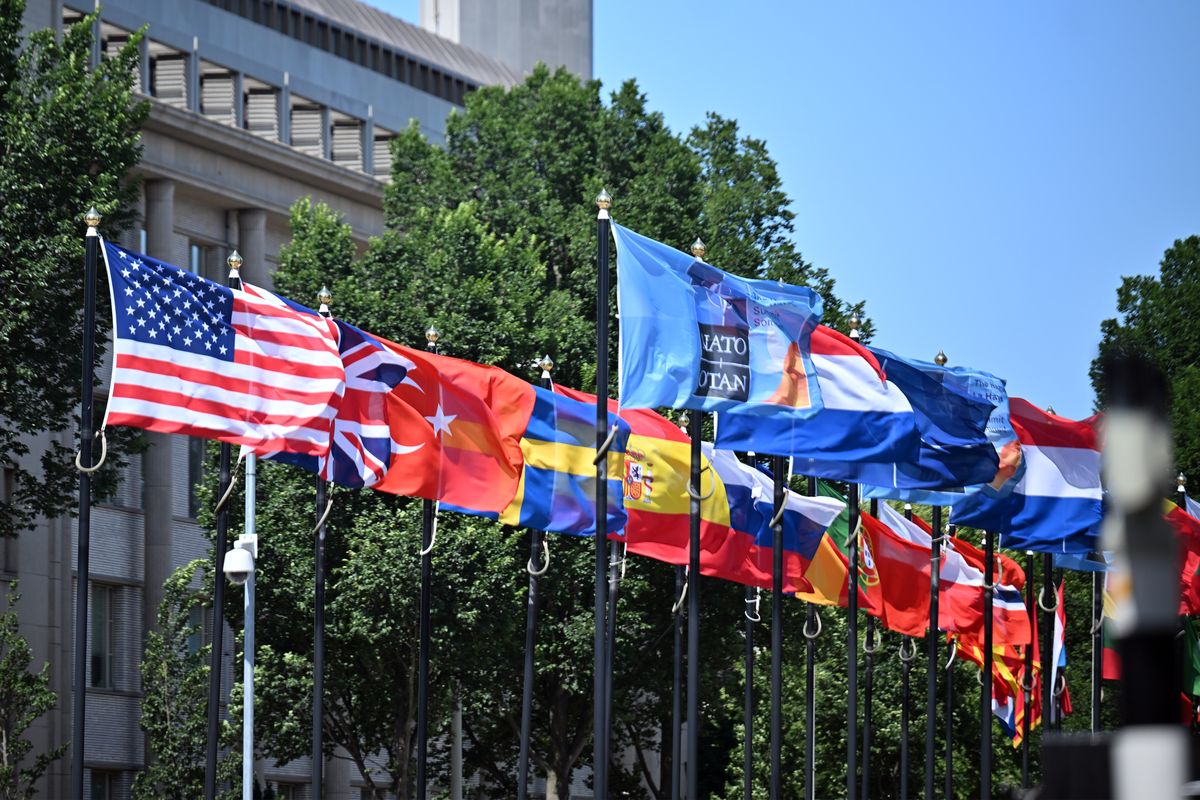After Canadians voted to replace the ruling Conservative party, electing Justin Trudeau’s Liberal party to a majority government, questions immediately surfaced asking how it would impact Canada’s global security commitments. Based on the rhetoric and promises made by the Liberals during the campaign, many believe significant changes will occur. The reality, however, is likely to be much different than expected. Although key differences between the two governments will emerge, it will be identifiable in tone and language, as opposed to any real substantive changes to Canada’s goals or policies. Our bigger concern is the larger challenges with our deteriorating military infrastructure looming in the future.
Many, including most Canadians, believe that Canada’s contribution to global security occurs within the framework of our membership and commitment to the United Nations and its initiatives. After all, Canada invented and has maintained a strong record of peacekeeping. There is a perception that the previous Conservative government had shifted away from this traditional role, and our international reputation is being tarnished as a result. More accurately, Canada has always pursued a wider global security agenda, done for the most part in concert with our Western allies when it has been perceived to be in our interest. Not only is Canada part of the coalition fighting ISIS, but it has also taken strong positions on Russian adventurism in Eastern Europe and Iran’s nuclear weapons program.
During the campaign, Justin Trudeau pledged his government would withdraw our fighter jets and shift Canada’s contribution to increasing the number of Canadian trainers helping prepare local forces to fight ISIS on the ground. Prime Minister Trudeau has not waivered from this position, even following the Paris attacks, but this does not mean that Canada is diminishing its security commitment. Canada is simply changing its contribution, the means, to achieve this end, thereby continuing to play an active role as part of the coalition to defeat ISIS. This represents a positive development for the mission.
Canada’s contribution (or removal) of six fighter jets does not make-or-break the coalition’s bombing strategy to any degree, especially when the majority of our allies have a much greater capacity to conduct this part of the initiative. We are also cognizant that any successful strategy to defeat ISIS will be multifaceted and require several components to work together simultaneously. This includes a well-trained ground force willing and capable of engaging ISIS fighters with the goal of acquiring territory vacated once airstrikes displace them. Essentially, Canada’s reset from one component – airstrikes, where our contribution is negligible – to sending additional trainers, which has always been one of Canada’s strengths (our role in training Afghani security forces is well documented), makes our contribution more effective, and strengthens our commitment. It might also allow our allies to re-position their own assets, focusing on where they feel their greatest contributions can be made. As an aside, it is worth noting that, at this point, Canadian jets are continuing their sorties and the government has yet to offer a firm date for their withdrawal.
That being said, Canada’s security commitments, at least in the present, will not radically change as it transitions from a Conservative government to a Liberal one. There are, however, significant challenges on the horizon, which might impact this government’s ability to maintain these commitments in the future. These are practical considerations, not political ones. Many platforms in the Canadian military, specifically our fighter jets and naval vessels, are in dire need of modernization. Previous governments have failed to make these improvements, a lack of procurement that will eventually start to impact our capabilities. Although many are concerned over Prime Minister Trudeau’s promise to scrap the previous government’s plan to purchase new F-35 jets, an equally large concern is that he has yet to offer a viable alternative. This further delays the much needed replacement to military technology in the near term, which may also ultimately start to impact our NORAD commitments closer to home as well.
Should the fight against ISIS become an extended mission, and all indications suggest it will, might Canadian airstrikes need to be reconsidered? Would Canada have the flexibility to adapt to evolving security threats or issues, which might emerge in the Middle East or elsewhere? Might it impact our allies’ confidence in Canada as a reliable partner in future global security efforts?
The biggest change the Trudeau government must pursue is finding a way to navigate the political and bureaucratic gridlock which has prevented us from modernizing elements of our military and enhancing our capabilities to ensure that we remain the Canada we are, and have always been – a willing and able partner in ensuring global security and stability.













